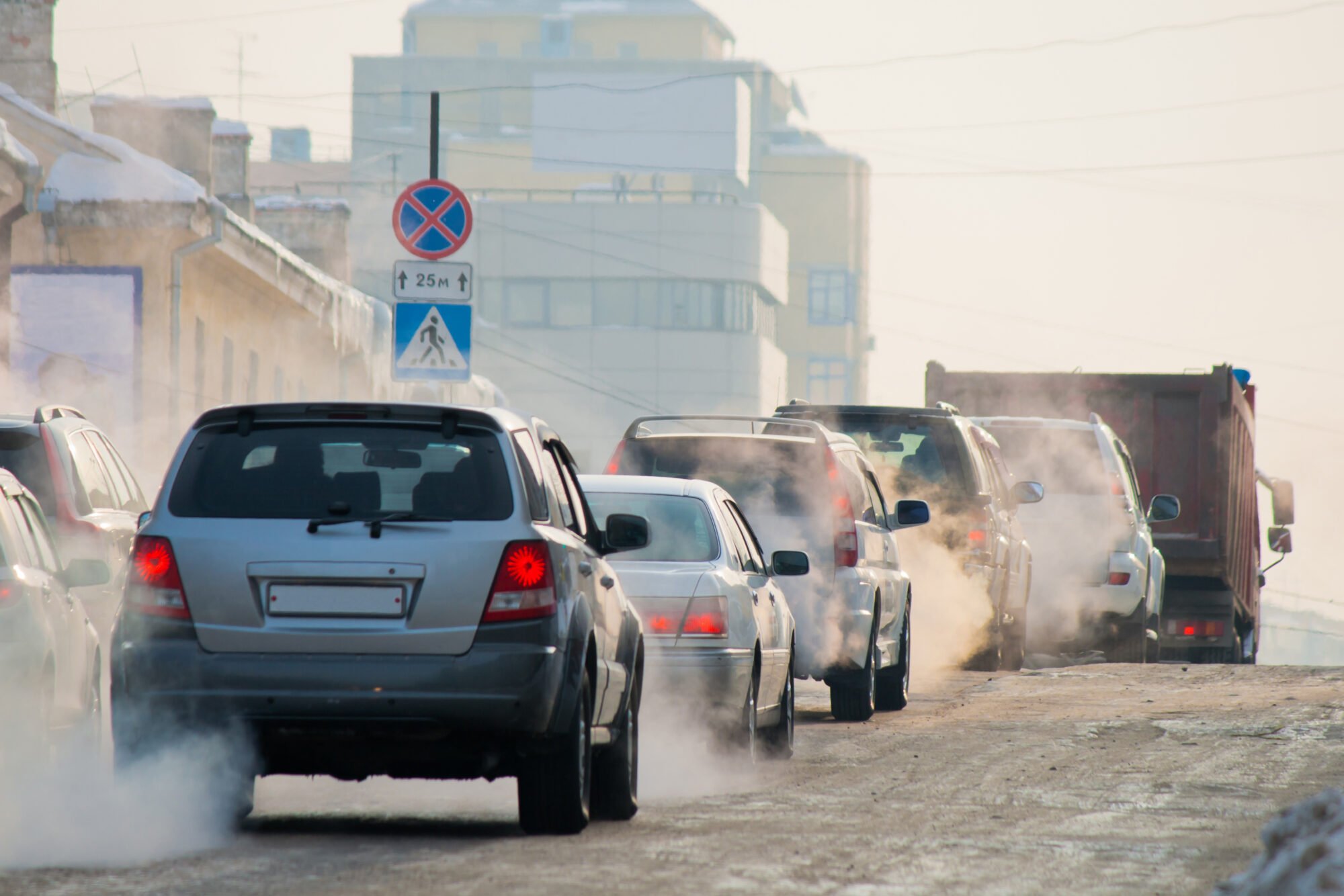Cities express deep concern over EP decision on 'Euro 7' standards
In a collective response from networks of European cities and regions, Eurocities and POLIS have expressed profound disappointment and concern over the recent vote of the European Parliament regarding the regulation of vehicle air pollutant standards, widely referred to as 'Euro 7'.
The vote, which was meant to address and further tighten vehicle emission standards, has fallen short of the expectations of many cities grappling with deteriorating air quality and its detrimental effects on the health of their residents.
André Sobczak, Secretary General of Eurocities, stated:
We had hoped the European Parliament would prioritise our citizens’ health and the environment. Instead, the new regulation fails to adequately address the urgent challenges we face in air quality. This is unfortunate as in another decision just last month, the European Parliament adopted a more resolute position on air quality and set very ambitious EU air quality goals, which will now have to be implemented.
In a recent joint publication — Why the new Euro 7 standards are crucial to delivering cleaner air in cities, the networks highlighted the impact of road traffic on their members, which is responsible for 47% of nitric oxide — a gas associated with asthma, diabetes or cardiovascular diseases — in cities. If adopted, certain studies suggest that Euro 7, as initially envisaged by the European Commission, could have reduced the pollutant concentration by 50% in cities like Brussels, Warsaw and Paris.
Karen Vancluysen, Secretary General of POLIS, stated:
Our cities and regions have been at the forefront of addressing the devastating impact of polluted air. The vote on Euro 7 was an opportunity for the European Parliament to stand in solidarity with our urban centres, to signal a move towards a cleaner, healthier future. Regrettably, this opportunity was missed. We now fear that the vote of the EU institutions will shift the burden of improving air quality onto cities and regions, at a time when joint efforts from all stakeholders, public and private, are urgently needed to tackle this major environmental and health challenge.
Cities across Europe have been pioneering measures to combat air pollution, from expanding green zones to promoting cycling and public transportation. These efforts, however, can only achieve so much without supportive regulations at the national and continental levels. Without such backing and ambitious Euro 7 standards, it will not be possible for cities to safeguard citizen's right to clean the air in line with WHO guidelines.
At the beginning of the week, major European cities submitted a petition to the European Parliament asking them to consider the impact of poor vehicle emission standards on air quality. As we move forward, cities are calling on the European Parliament to reconsider the implications of the Euro 7 regulations, not just as a policy on paper, but as a direct influence on the quality of life for millions of European residents.
